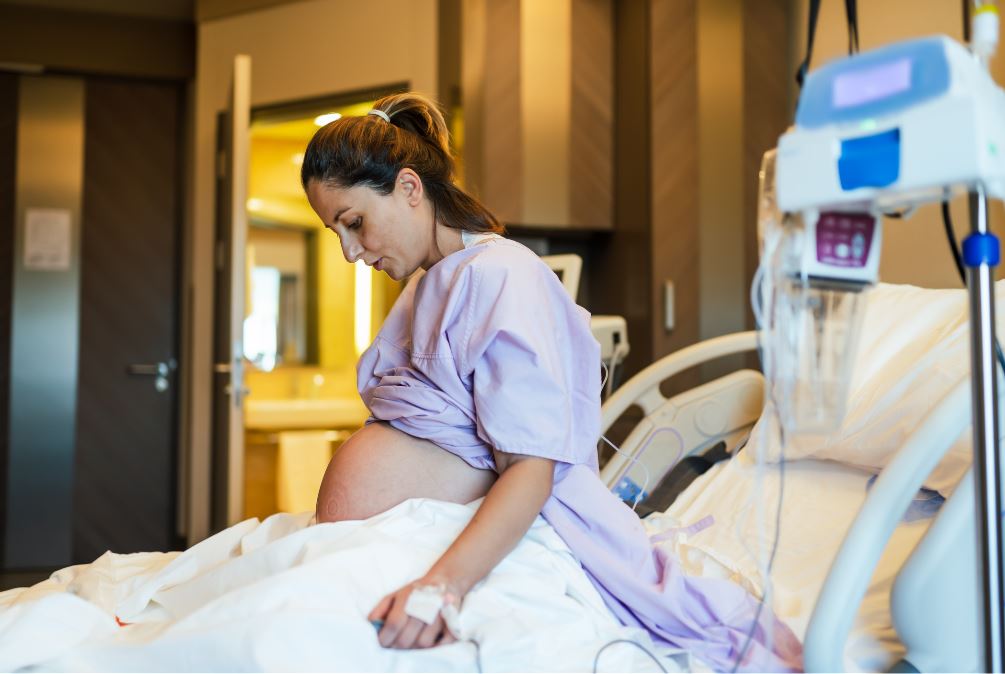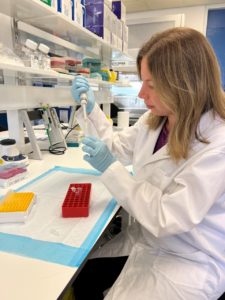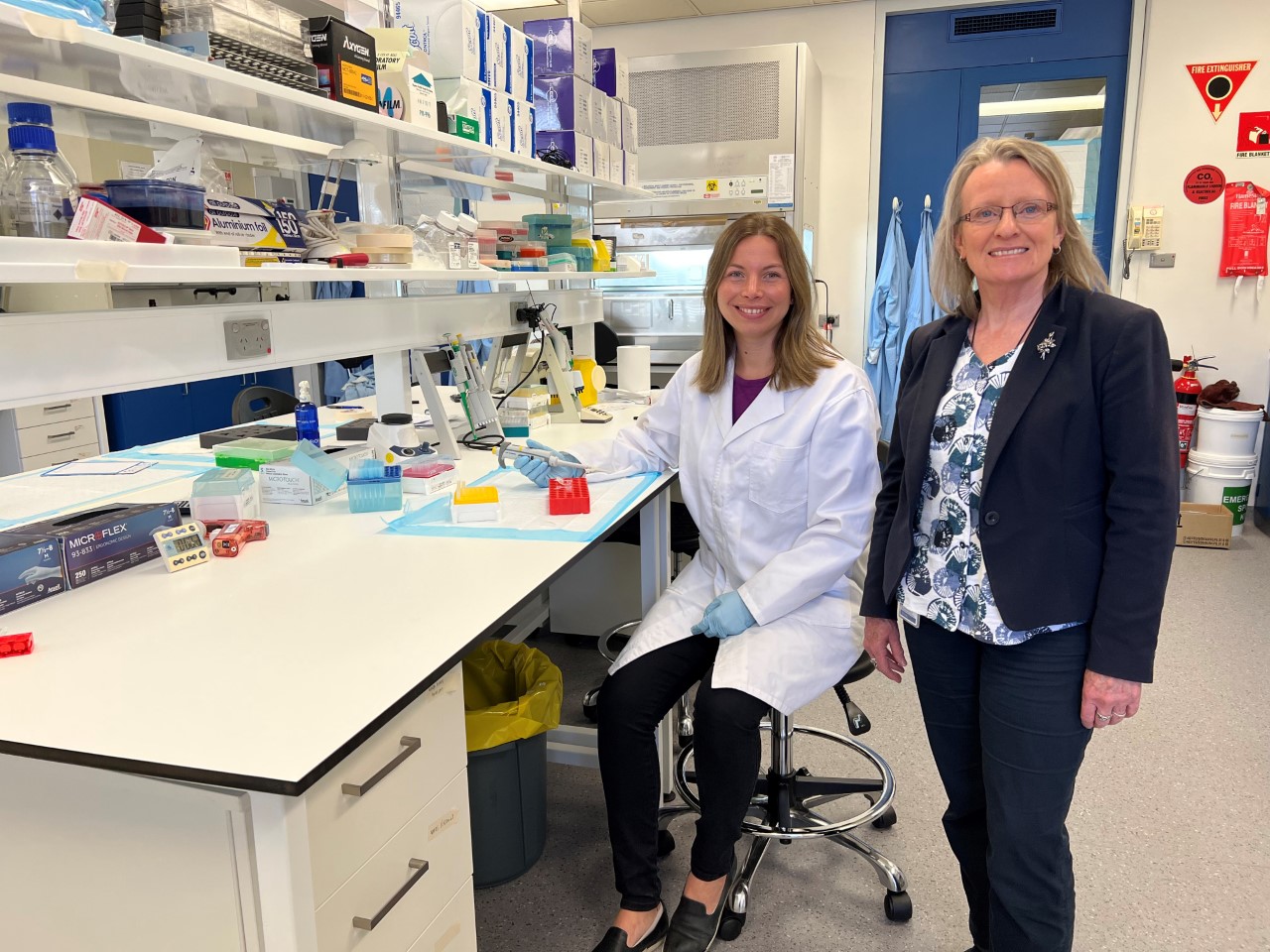
Labour and natural childbirth causes stress on a mother’s body but an emergency Caesarean is associated with even more inflammatory gene expression in the placenta, new South Australian research shows.
The study, led by Flinders University’s Pregnancy Health and Beyond (PHaB) Lab and other researchers, investigated differences in placenta inflammation markers after delivery of both male and female babies involved in 20 emergency Caesarean procedures – compared with 40 placentas from vaginal (or ‘natural’) deliveries and 10 placentas from an elective C-section at an Adelaide public maternity hospital between 2006 and 2018.

“Labour is an inherently inflammatory process, so if you have a planned or pre-labour Caesarean section there will be less inflammasome activation than seen in an emergency C-section in a woman already in labour or in an unassisted vaginal birth,” says Dr Anya Arthurs, the lead author of a new article in Frontiers in Immunology.
“In births where labour is involved, there is more inflammatory gene expression in the placenta if you had an emergency Caesarean section compared to a vaginal birth.
“This study also indicates that babies, in particular females, could be more compromised in their development and long-term health and wellbeing after an emergency C-section.”
“Interestingly, while placentas tested from baby boys have more inflammatory gene expression from a vaginal or ‘natural’ birth, baby girls born in emergency Caesarean section deliveries have more inflammatory markers,” says senior author Matthew Flinders Professor Claire Roberts, from the Flinders Health and Medical Research Institute.
“One explanation for this could be our finding that placentas from baby boys tend to put out ‘alarm signals’ (known as ‘interleukin-33’) in times of fetal distress, which we didn’t see in the placentas from baby girls. This could help to mitigate the amount of inflammation.”

Overall, assessment of inflammatory gene expression in the placenta could be used to identify babies who have been exposed to higher-than-normal levels of inflammation at birth, and so create incentives to monitor their development and long-term health and wellbeing more closely, the researchers conclude.
The article, ‘Placental inflammasome mRNA levels differ by mode of delivery and fetal sex’ (2022) by Anya L Arthurs, Melanie D Smith, Mhyles D Hintural, James Breen (SAHMRI), Dylan McCullough, Francesca I Thornton, Shalem Y Leemaqz, Gustaaf A Dekker (University of Adelaide), Tanja Jankovic-Karasoulos and Claire T Roberts has been published in Frontiers in Immunology DOI: 10.3389/fimmu.2022.807750
Acknowledgements: RNA sequencing data used in this study was funded by NIH NICHD R01 HD089685-01 ‘Maternal molecular profiles reflect placental function and development across gestation’ PI Prof CT Roberts (‘CTR’), a National Health and Medical Research Council Investigator Grant (GNT1174971) to CTR and a Matthew Flinders Professorial Fellowship awarded to CTR and funded by Flinders University. J Breen is supported by the James & Diana Ramsay Foundation.

